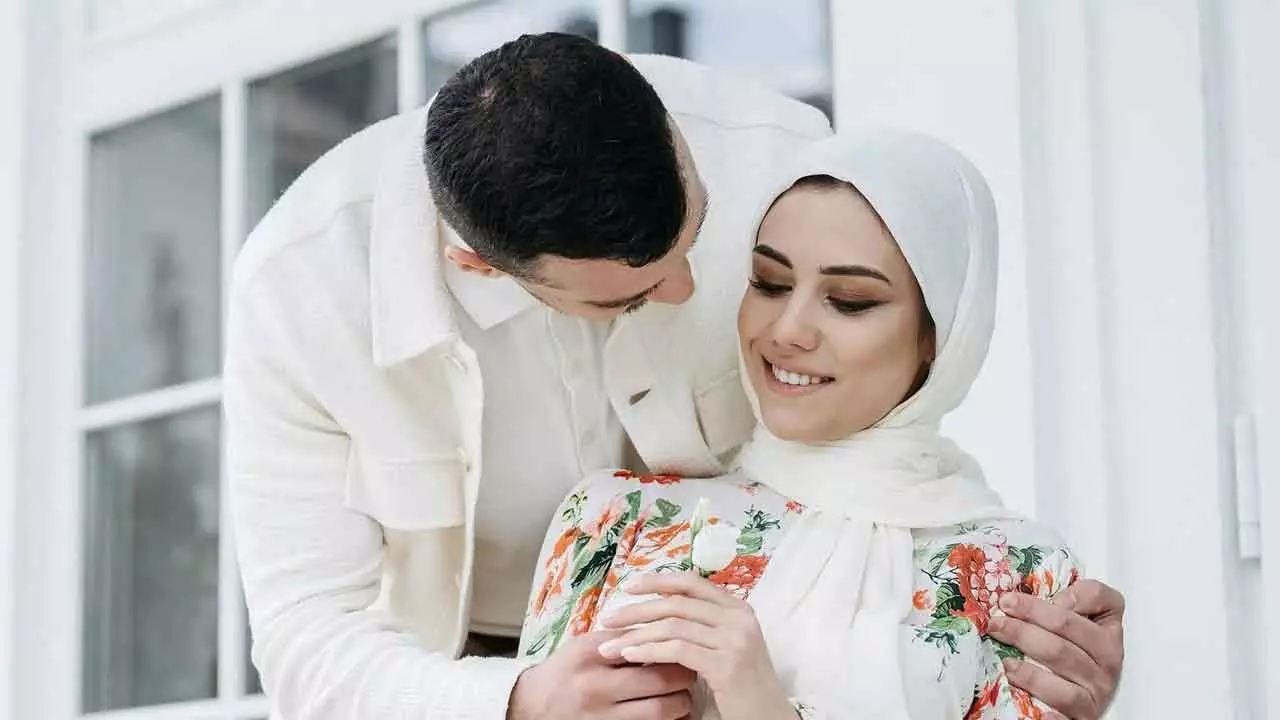Eid Se Shaadi Tak: How Technology is Transforming Muslim Matchmaking

Marriage has always been a deeply rooted tradition in South Asian and Muslim cultures, steeped in rituals, family involvement, and of course, the infamous rishta aunty. Most Muslim marriages take place after Eid, as families see it as an auspicious time to celebrate new beginnings. However, the way couples meet and connect has undergone a radical transformation. Gone are the days of waiting for a well-connected neighbour to introduce a potential match over endless cups of chai. Today, matchmaking is no longer confined to biodatas exchanged in living rooms; it has gone digital, dynamic, and data-driven.
With the help of AI-powered matchmaking, we analyse key factors like education, profession, interests, and family values to suggest profiles that truly align with what you’re looking for. Our AI continuously learns from your choices to refine recommendations, making your search for the perfect rishta smarter and easier. Muslim Matrimony apps are redefining how Muslim singles connect, ensuring that finding a life partner is as seamless as scrolling through your phone.
Hammad Rahman, founder of NikahForever, shares his insights, “It used to take a dozen cups of chai, a well-curated biodata, and a well-connected local aunty to find a compatible life partner. In India, whispers in drawing rooms, and family elders serving as compatibility gatekeepers dominated the matchmaking landscape. In order to find a ‘good boy’ or ‘cultured girl’ within a 10-kilometer radius, your parents would rely on a network of middle-aged women who had an extraordinary talent for doing so. In the present day, artificial intelligence is posing a threat to the traditional ‘rishta aunty.’ Deep learning models, advanced algorithms, and swiping left or right on carefully curated profiles have replaced the family grapevine. The key query is: how did we transition from Rishta Aunties to AI-powered hyper-personalised matchmaking?”
Good Bye Bio Data, Hello Big Data
Your biodata used to be a sheet of paper with your caste, age, height, weight, education, and a clumsily posed studio photo. These days, your digital profile is more than simply a list of bullet points; it includes your personality, career development and even your texting skills. In order to recommend a spouse who is not just “compatible” on paper but also in real life, AI-driven matchmaking platforms examine behavioral data, preferences, and even psychometric exams. AI-driven matchmaking features that go beyond simple filters have been incorporated into matrimony apps. They examine more complex elements like communication styles, decision-making processes, and emotional intelligence.
Changing the Definition of Marriage
By integrating deep learning models and AI-driven recommendations, Matrimonial Apps ensure that your search for a life partner is tailored to your values, personality, and lifestyle. Unlike traditional matchmaking methods that rely heavily on family networks, they empower families and individuals to take charge of their own matchmaking journey, all while staying true to cultural and religious traditions.
From leveraging AI-powered insights to refining matchmaking experiences, Matrimonial Apps are bridging the gap between tradition and technology. Whether it’s through intelligent profile recommendations, meaningful connections, or compatibility-driven matches, the platform is reshaping the way Muslim singles meet their perfect partner.
Wedding Bells or System Glitch?
While AI matchmakers are solving problems traditional matchmaking couldn’t, they also come with their own set of challenges. Bias in algorithms, privacy concerns, and over-reliance on data points rather than human intuition are issues that tech-driven matchmaking needs to overcome. That said, there’s no turning back now. The future of matchmaking will likely be a blend of AI-powered insights and old-school human connection. Whether it’s a swipe, a click, or a perfectly timed algorithmic match, the goal remains the same—to find a perfect match in an increasingly digital world.


